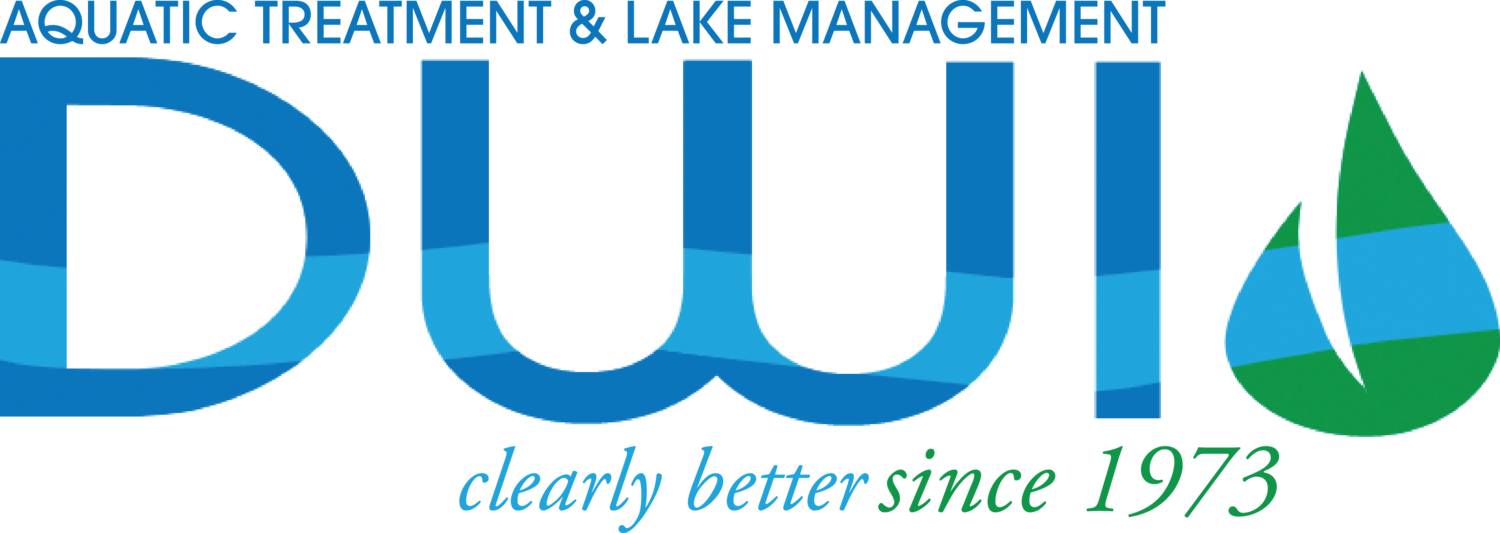By Patrick Simmsgeiger, Founder of DWI
Lakes are not Chlorine-friendly! Neither are natural ponds nor streams. A misconception when hiring a water feature maintenance professional is to assume that all are capable of performing the same maintenance procedures, that couldn’t be more contrary.
Pool maintenance professionals are entirely different from lake maintenance professionals. Though both require an understanding of how pumps work adn the way water flows through those systems, the pump hydraulics for pools versus lakes are entirely diverse. More importantly chemicals crucial to pool maintenance, such as chlorine, can be devastating to lakes, ponds, and streams- and can destroy their ecosystem. In fact, it is a federal crime to use certain products in lake, stream, or pond environment.
For the sake of explanation, it can be contrasted that while pool maintenance professionals require knowledge of chemistry, lake maintenance professionals require knowledge of biology. Pool maintenance professionals know which chemicals will provide a clean, sterile environment for a swimming pool but they do not understand the self-contained biology inherent within lakes, ponds, or streams. Lake maintenance professionals, unlike pool maintenance professionals, are required to work in conjunction with the biology of the water feature’s ecosystem. Consequentially, lake maintenance professionals understand the importance of sunlight and photosynthesis, the relevance of aquatic plant life and the ecology of the fish living in these environments.
Pool maintenance professionals have no need to understand this sort of biology. Pools do not sustain their own ecosystem. Fish do not reproduce or die in pools. Aquatic plant life does not grow or present situations of overgrowth. Run-off from drainage systems does not affect the biology of pools. Pools do not present the problem of unseen sludge or weed growing at the base of the water feature. Lakes, ponds, and streams however do present these circumstances and as a result require maintenance by a trained and licensed lake maintenance contractor.
When hiring a maintenance professional for lakes, ponds, or streams it is important to ask questions to ensure the contractor possess appropriate knowledge and the proper license. Law requires lake maintenance of professionals to undergo extensive training before they receive their license. They are further required to complete hours of extended education, stay updated on environmental regulations and maintain an awareness of the clean water act guidelines in order to sustain their license.
Pool maintenance professionals are experienced in maintaining features with clear water and smooth bottoms that can be easily vacuumed. Pools are small bodies of sterile water with roughly 15,000 gallons of water. Lake maintenance requires an entirely different approach. The chemistry of pool maintenance is not relevant when maintaining a lake, stream, or pond. Federal Environmental Protection Agency laws regulate which chemicals can be used in the maintenance of lake systems.
Property owners and hiring managers need to be aware of the differences between pool and lake maintenance to prevent the liabilities associated with mistakenly hiring a pool maintenance professional rather than a qualified and licensed lake maintenance professional.



